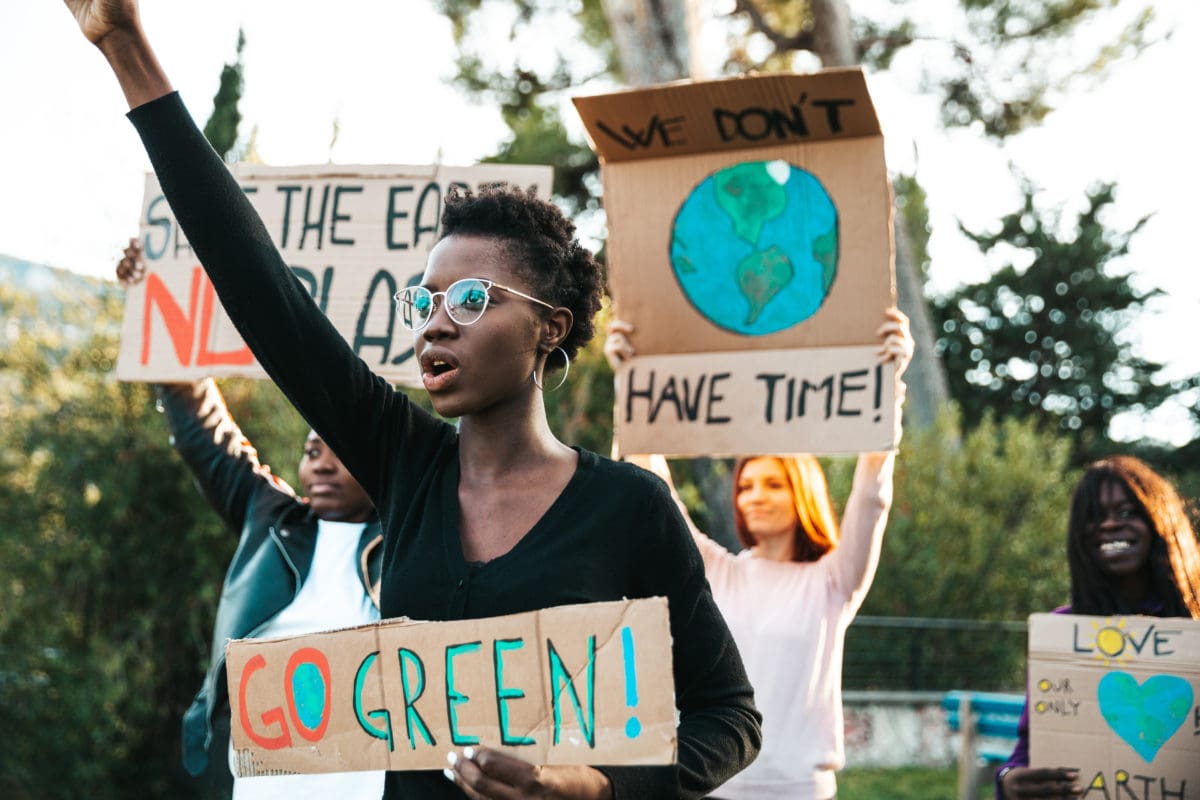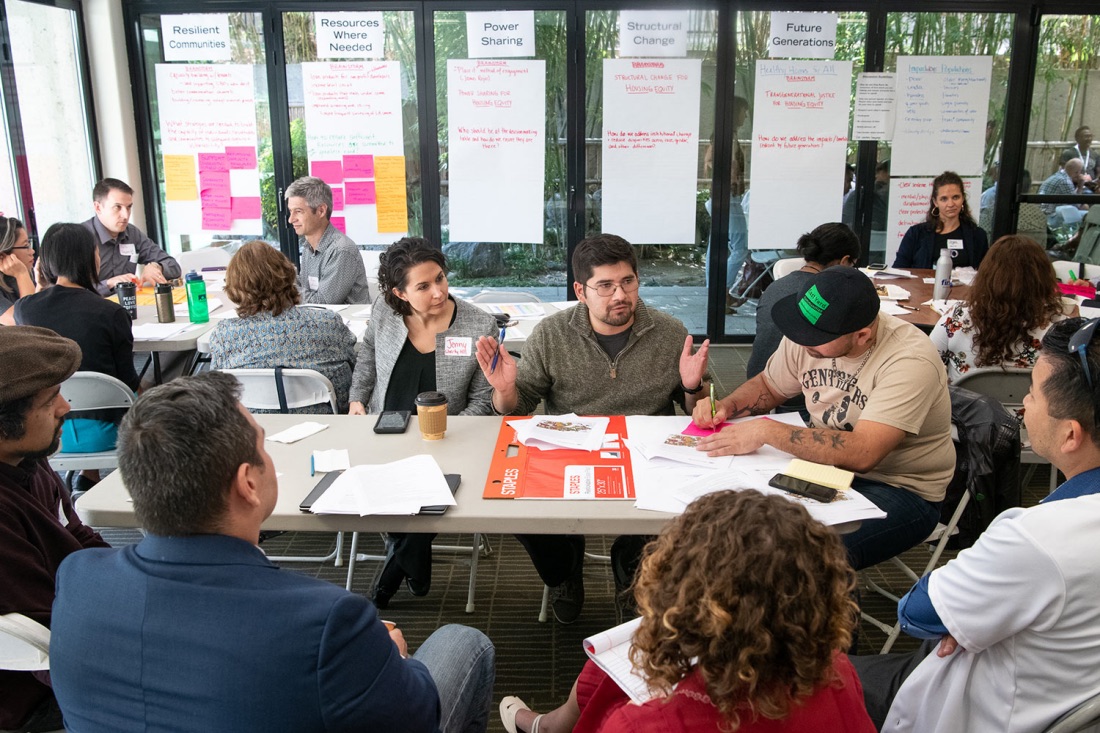Environmental advocacy is essential for preserving our planet for future generations. Whether you’re a seasoned environmentalist or just starting your journey, these 20 drops of wisdom can guide and inspire you to make a meaningful impact on the planet’s well-being.
1. Start with Small Changes
Sustainable habits begin with small, consistent changes. Start with actions like reducing waste, conserving energy, or switching to reusable products—small changes lead to big impacts over time.
2. Educate Yourself on Key Issues
Environmental challenges are complex. Educate yourself on topics like climate change, biodiversity, pollution, and sustainable agriculture to understand the full scope of the issues.

3. Practice What You Preach
Lead by example by practicing sustainable habits in your own life. People are more likely to listen and follow when they see you embodying the changes you advocate for.
4. Support Environmental Policies
Positive change requires systemic support. Advocate for policies that prioritize environmental protection and hold industries accountable for their impact on the planet.
5. Connect with Nature Regularly
Spending time in nature strengthens your connection to the Earth and reminds you of what you’re fighting for. It’s a powerful way to stay motivated and grounded.

6. Be an Advocate for Biodiversity
Biodiversity is essential for a healthy ecosystem. Support initiatives that protect habitats, prevent species extinction, and promote conservation efforts globally and locally.
7. Focus on Sustainable Consumption
Be mindful of your consumption. Choose products that are eco-friendly, reduce single-use plastics, and support companies with sustainable practices.
8. Inspire Others to Act
Encourage friends, family, and your community to adopt sustainable practices. Inspire others with information, gentle guidance, and practical tips to make a difference.

9. Engage in Environmental Activism
Whether attending a climate march, signing a petition, or joining a local environmental group, activism amplifies your impact and contributes to wider change.
10. Hold Corporations Accountable
Corporations are major contributors to environmental issues. Support campaigns that push companies toward sustainable practices, and choose to buy from environmentally responsible brands.

11. Embrace Circular Economy Principles
The circular economy reduces waste by designing products that can be reused, repaired, or recycled. Support initiatives that promote this approach and minimize waste.
12. Prioritise Water Conservation
Water scarcity is a growing problem. Conserve water by taking shorter showers, fixing leaks, and using water-saving devices to reduce your impact.
13. Learn to Reduce, Reuse, and Recycle Effectively
Reduce waste where possible, reuse items instead of discarding them, and recycle responsibly to ensure resources are maximized and waste is minimized.

14. Advocate for Renewable Energy
Support the transition to renewable energy sources like solar, wind, and hydro. Clean energy reduces reliance on fossil fuels and is essential to combating climate change.
15. Stay Resilient in the Face of Challenges
Environmental work can be overwhelming. Stay resilient and remember that each action counts, even if progress feels slow. The journey is just as important as the destination.
16. Avoid Eco-Guilt, Embrace Eco-Consciousness
Eco-guilt can be counterproductive. Instead, focus on being eco-conscious—taking positive steps without letting guilt dictate your actions.

17. Engage in Conversations About the Environment
Engage in meaningful discussions on environmental issues, even with those who may disagree. Dialogue fosters understanding and can encourage others to think about their impact.
18. Be Mindful of Food Choices
Our food choices impact the environment. Eating more plant-based meals, reducing food waste, and choosing local, sustainable foods can reduce your environmental footprint.
19. Support Indigenous Land and Conservation Efforts
Indigenous communities have long protected biodiversity. Support their land rights and conservation efforts, as they are invaluable stewards of the Earth.

20. Believe in Collective Action
Environmental change requires collective effort. Join forces with others, spread awareness, and work as a community to make lasting changes for the planet’s future.
These drops of wisdom serve as a guide to making a positive impact on the environment. Through individual actions and collective advocacy, environmentalists can inspire real, lasting change and protect the planet for generations to come.







